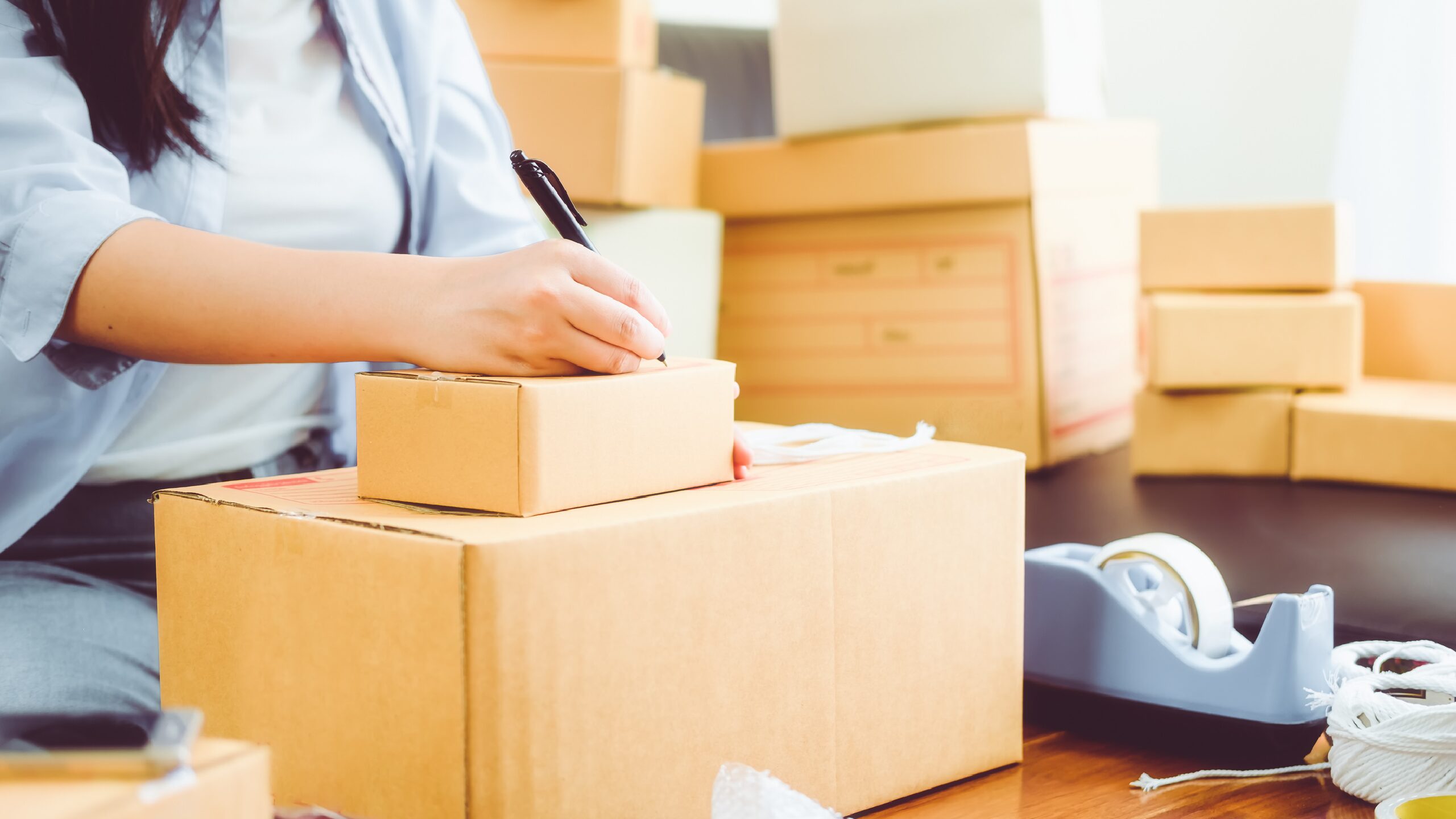“Nearly half of all Google searches have local intent.” That stat alone shows how important local SEO is, especially for small businesses trying to compete with much larger brands in their area. If you’re tired of seeing these chains dominate search results while your business barely gets clicks, you’re not alone.
The good news? You can win at local SEO, and you don’t need a massive budget to do it. In this guide, we’ll unpack simple but powerful local SEO strategies for small businesses that help you stand out, drive more foot traffic, and connect with your community. Let’s level the playing field!
Why Local SEO Matters More Than Ever in 2025
These days, it’s impossible to form a brand or grow a business without being noticed online, and this is especially important for small businesses.
The number of searches for “near me” has increased by 500% in recent years, with 1.5 billion “near me” searches per month, and 84% of those searches being on a mobile! The need for local SEO strategies for small businesses has never been more prominent.
With AI and technology constantly evolving, your local business needs to remain competitive by utilising these new tools when optimising for local SEO.
The good news?
You have a competitive advantage over these big brands – you’re local and agile. Being local allows you to respond to customer feedback and market demands promptly, giving you a competitive advantage.
With 71% of consumers actively choosing to shop locally despite higher prices, you want your local business to stand out so these consumers can find your store!
Optimising Your Google Business Profile (GBP)
When it comes to local SEO strategies for small businesses, your Google Business Profile (GBP) is one of the most important factors.
Your GBP directly influences your businesses visibility in the Google Map Pack, Google Maps, and local search results. These are often the first results consumers see when doing a localised search.
We have a detailed article which includes how to set up your Google Business Profile here.
Tips to Optimise Your GMB
Optimising your GMB listing is rather simple, you just need to include as much information about your business as you possibly can! Here are a few things you need to include –
- The categories your business fits in
- High-quality photos of your business
- GMB posts to keep your customers updated
- Products/services your business offers
- Reviews from your customers
- A description of your business and why you do what you do
- The hours your business operates
Include all of these aspects, and your Google Business Profile will be well optimised for local search!
The next step is to get your service pages ranking for localised keywords, so you can generate even more leads and sales.

Nailing Local Keywords & On-Page SEO
Using location based keyword modifiers in your content will help you to rank for search terms in your local area.
For example, if I wanted my pizza business to rank in Chicago, I would probably target the keyword “pizza in Chicago” or “best pizza in Chicago”.
The mentions of the locations and service combined is what most people search for when they want something from a specific location. You can do some keyword research to help you identify which keywords to target.
Optimising Headers
To optimise your header tags, along with your URL, make sure to include the keyword you want to target – but don’t overdo it!
You should include the keyword you want to rank for in your title (H1) and at least one of your sub-titles (H2s). This will allow your content to remain relevant to the search whilst reducing the chances of getting penalised for keyword stuffing.
Landing Pages
Once you know what keywords you want to target and in which location, you can begin creating landing pages for each of these keywords.
A landing page is a standalone page on your website which focuses on one keyword and a few semantic keywords.
With the Chicago pizza example before, I would create a new page on my website with the H1 as “Pizza Chicago” and the semantic keywords may be “Chicago pizza” or “best pizza in Chicago”. Does this make sense?
Schema Mark-up
The good thing about creating geo focused landing pages is you can also include FAQs around the location or the product/service you offer.
These FAQs can then have rich snippets of schema added to them which helps Google understand what your content is all about!
This is a great way to boost your rankings in the SERPs and make sure you stay ahead of your competition.
Generating and Managing Local Reviews
Generating reviews for your business is probably the best and most well known strategy to get customers.
A great way to improve your local search rankings is to get more Google Business Profile reviews. To do this, simply start asking your customers to leave a review!
You can also start giving out Google review cards which takes them through the process, making it much more likely for them to leave a review.
Make sure to respond to each review you receive as well – positive or negative!
This shows future customers that you care about who you do business with, making them more likely to buy from you.

Building Local Citations and Directory Listings
Local citations are mentions of your businesses NAP (name, address, and phone number) across directories. They help your business stay revenant to localised searches, making it more likely for your business to appear in the SERPs.
To find business directories, simply search for “[your location] business directories”, and you should get loads that show up!
Once you get listed on local business directories, you can then start building on national directories, like Yelp. There are also tools out there to help you such as localcitationservices.com if you don’t want to do it yourself.
Mobile Optimisation & User Experience
Did you know that 57% of users use their mobile for a local search? This means mobile is critical for local SEO!
Think about it, how many times have you pulled your phone out and searched for a business near you?
Make sure your website is optimised for mobile as well as desktop to generate more foot traffic to your business.
Website Speed
As well as optimising for mobile, you need to ensure your website loads fast.
Studies show websites that take longer than 3 seconds to load receive a much higher bounce rate. This means that people are much more likely to leave your website due to a long wait time. So make sure your website loads quickly!
Outrank Big Brands with Smart Local SEO
Competing with larger brands doesn’t mean outspending them, it means outsmarting them. By focusing on local SEO strategies for small businesses like optimising your GBP, targeting the right keywords, and building a strong local presence online, you can carve out your niche and dominate your local market.
Take it one step at a time. Start with the basics, keep testing and optimising, and soon enough, you’ll be the business customers find first. Ready to get started? Let’s go win in your local area!




